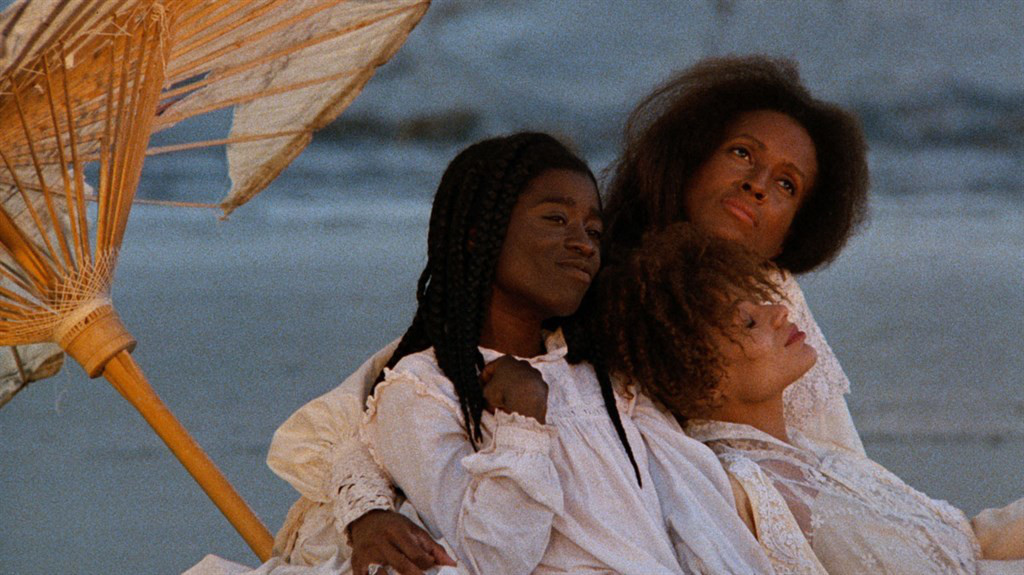Spirits, myths and memory in Black film
Cinematheque shows films about spirituality in the Black diaspora
In curating Cinematheque’s latest film series, distribution coordinator Mahlet Cuff sought to answer the question: “where can Black folks turn to for knowledge about their history?”
Throughout Black History Month this February, the Dave Barber Cinematheque is showing a series of films by Black artists under the banner of Reimagining the Black Diaspora: Spirituality, Mythology and Collective Memory.
The series includes Black Girl (Ousmane Sembène, 1966, Senegal), Daughters of the Dust (Julie Dash, 1991, United States) and Eve’s Bayou (Kasi Lemmons, 1997, US).
Each of the series’ films highlight the role of cultural and spiritual heritage in the Black diaspora.
“That includes physical ancestors who are here or those that have moved on,” Cuff says.
Cuff has curated several other film and visual-arts works, both alone and as a part of Patterns Collective. She put together Reimagining the Black Diaspora out of “a desire to explore spirituality within the Black diaspora.”
Cuff says there is often a focus placed on the tropes of “slavery and trauma” in Black film, and she wanted to look in another direction.
Slavery and trauma “are real things, and I think they should be talked about,” she says. “But I think there can be more to Black or African diaspora speaking about spirituality.”
Specifically, in curating Reimagining the Black Diaspora, Cuff wanted to select films that confront tropes surrounding the spiritual in Black film and showcase the breadth of experience with the transcendent among Black people.
She carefully chose each film in the series to portray what Black life can entail, from Black Girl’s “rejection of the colonial gaze” to Daughters of the Dust’s “notions of what post-slavery life could be like.”
As an opening to Eve’s Bayou, the short Shea, by NASRA (Effy Adar, 2020, Canada), will be screened. Shea, by NASRA is distinct in the series, as Cuff says it reflects “experiences of the Black diaspora, of joy and being together but also having to move somewhere else” within the Canadian context.
The short shows “that Canadians have something to say or that Black Canadians have something to say about how they live life and how that is portrayed on screen,” Cuff says.
“There are tropes around spirituality. We go to just religious aspects or Western ideas of what spirituality can look like, but for Black people, that can look like very different things,” she says. “It’s not a monolithic idea. It’s very expansive and different.”
Cuff emphasizes autonomy in the films. They are an expression of “autonomy to decide what spirituality looks like for Black people or myself,” she says.
“I hope that the films touch people in different ways and make them think more deeply about spirituality from specifically a Black experience.”
Cinemathque will screen Black Girl from Feb. 4 to 9, Daughters of the Dust from Feb. 10 to 15 and Eve’s Bayou from Feb. 17 to 23.
Published in Volume 77, Number 18 of The Uniter (February 9, 2023)








